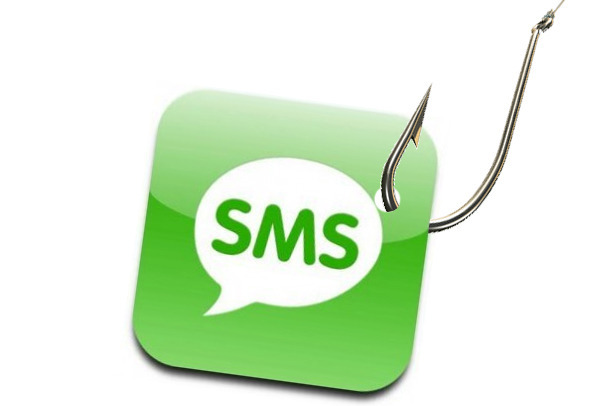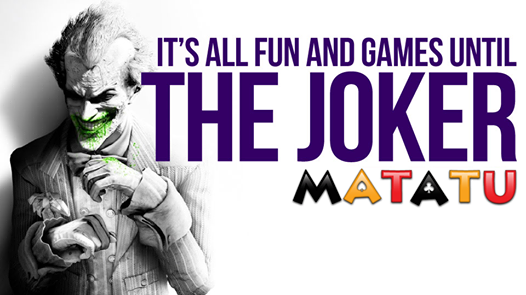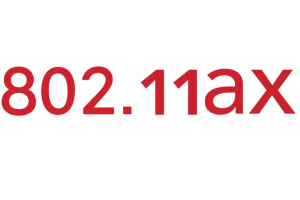Sure, it’s almost impossible to make mention of progress in technology in Africa without mentioning mobile phones. It’s also a matter of fact that SMS is a great contributor to this mobile craze in Africa. In 2012, Google went as far as launching an SMS search service for Africa(which has been killed). It’s not surprising that as the rest of the world take their final steps from SMS to IP-based messaging, Africa is still hooked to SMS-based solutions; this is simply because Africa tends to play catch up.
So, why is Africa still stuck on SMS?
Perhaps that’s a discussion for another day, but for today I am writing about why Africa needs to move away from its addiction on SMS.
SMS is insanely expensive
Let’s face it, IP-based messaging services are hundred of times cheaper that legacy SMS messaging. From personal experience, I spend about 1000UGX($0.39) on airtime a day which I convert into data and this enables me communicate all day via IM, Chat and email. Before this, I would spend about 3000UGX ($1.16) for communication. Four SMS messages cost roughly 500UGX($0.19) which would buy me about 20MB of data in Ugandan market – enough for a day of IM and chat. 2000UGX($0.77) extra per day makes roughly 60,000UGX ($23.17) per month. In six months, I would have saved enough to cover the cost of my smartphone. This is only just a monetary benefit but there’s so much to it considering the mass of information that instantly becomes available with a smartphone. Sure, $100 smartphones may still be expensive for most Africans but if the Chinese can have $40 smartphones, why not Africa?
IP communication brings rich applications
The dynamics of IP communication is best appreciated with the rather unlimited practicality of ideas that comes with the internet. It’s created a generation of garage and dorm room billionaires, brought together a billion people to use one service, turned corrupt governments into history pages and continues to surprise us everyday. The richness of IP content is very vital for Africa that is waking up to the information era. SMS features are too limiting for sufficient information. It’s shallow to point at Twitter because it’s more than just 140 characters, it has the ability to broadcast information, share links, engage in debate and share graphical content, few of which are applicable with SMS.
Privacy
With SMS, we do not know what the telecoms do with our data and they have absolute control over that data. This is Africa, where corruption is rife, and we cannot trust anyone with private communication. Enter IP where what you transmit is a packet that can be encrypted over a secure link. Sure there are ways for such information to be intercepted and read but that is a story for another day, besides one can install applications designed specifically for private and secure communication.
Commerce
Mobile money has surely played well so far. However, we should not forget that it’s simply a country-bound money transfer system at best. It’s not helping the banking culture that governments “fought hard” (I know) to instill. What Africa needs is a flexible way to transact across the continent and that will not come with mobile money. It’s insecure and irregular, with each telecom company coming out with their own system design. It has posed a huge problem for developers, especially when it comes to enabling simple online transactions. Africa needs to go back to the banks and adopt IP-based transactions. People are quick to point fingers at the banks for not bringing us these services all this long but, we should not forget that numbers matter. If more Africans started adopting the smart way of communication today, the financial institutions shall surely respond too.
Image courtesy of PCWorld
Discover more from Dignited
Subscribe to get the latest posts sent to your email.












